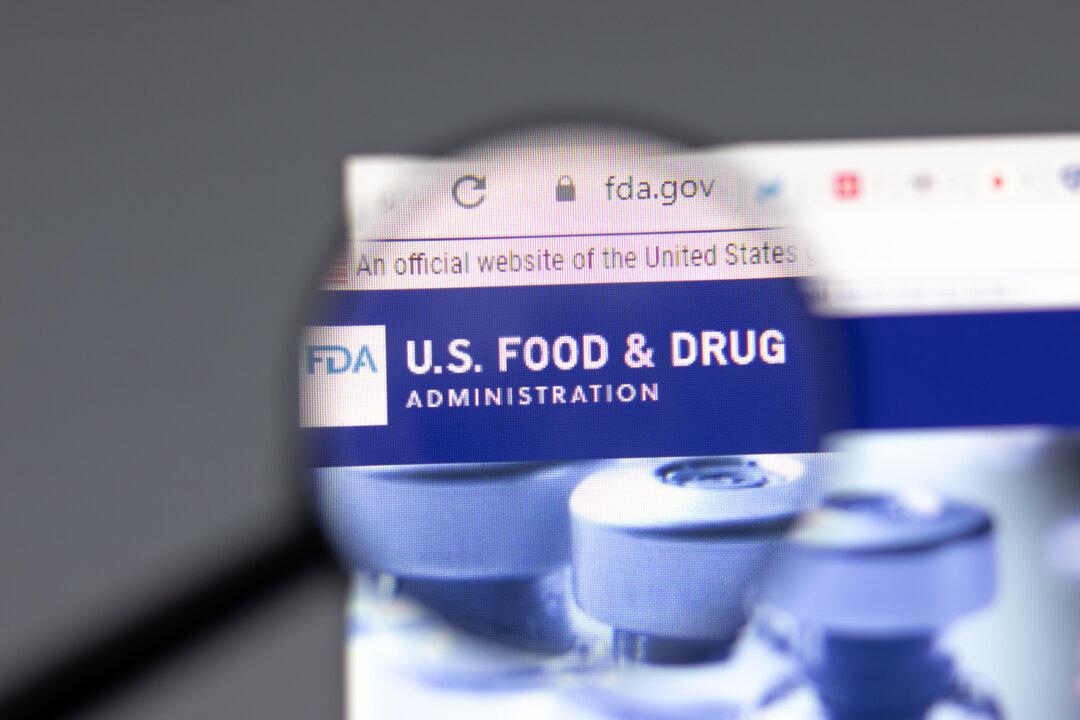Commentary
It’s very clear that there are a great many doctors in the United States, perhaps even a majority, who believe the Food and Drug Administration (FDA) is sometimes guilty of abusing its authority and of assuming powers it doesn’t have.

It’s very clear that there are a great many doctors in the United States, perhaps even a majority, who believe the Food and Drug Administration (FDA) is sometimes guilty of abusing its authority and of assuming powers it doesn’t have.